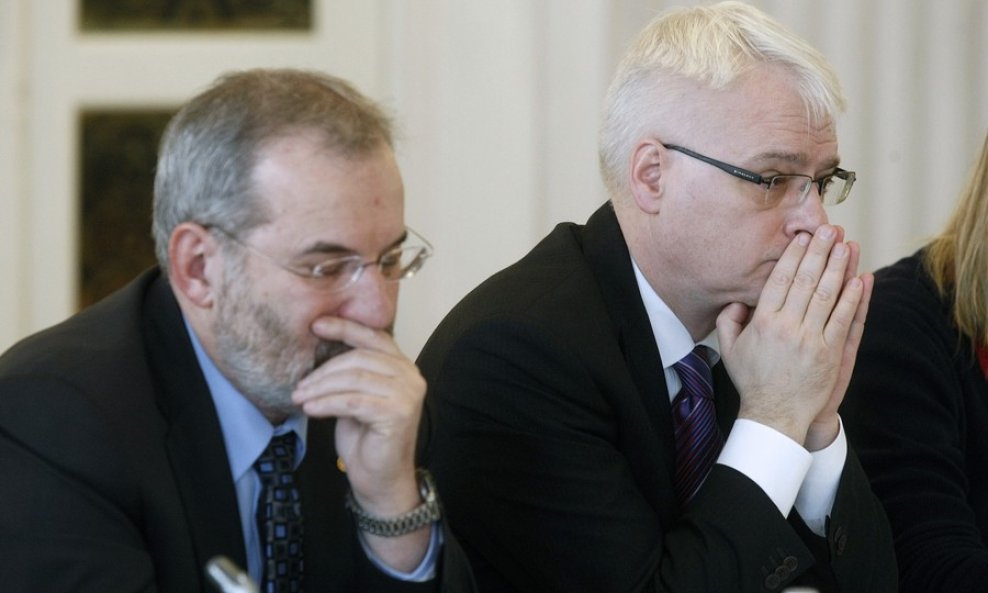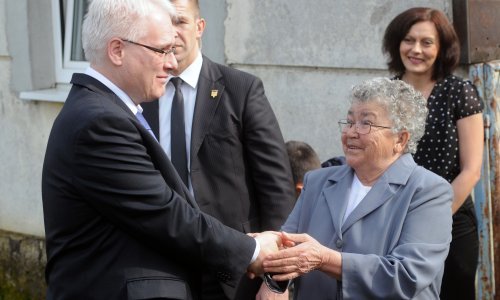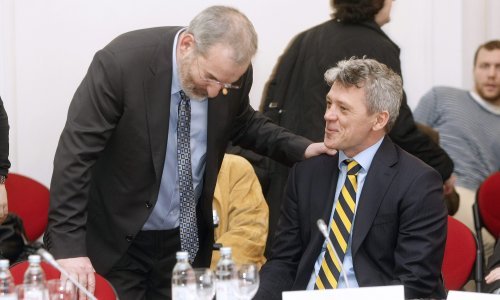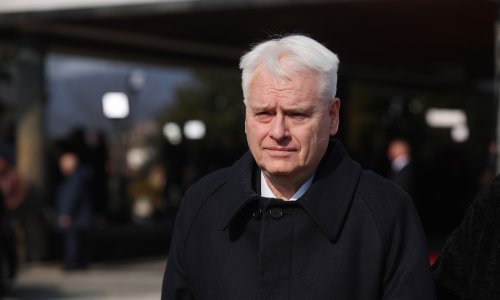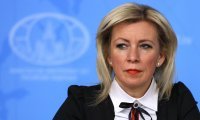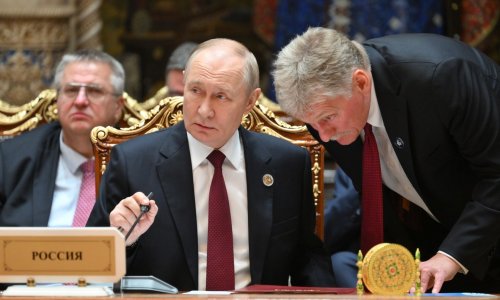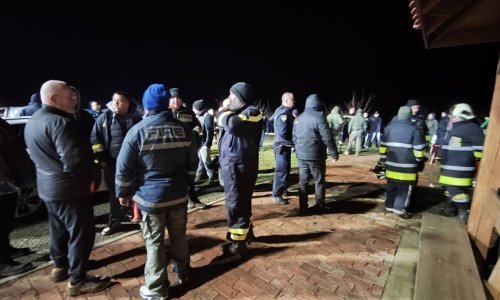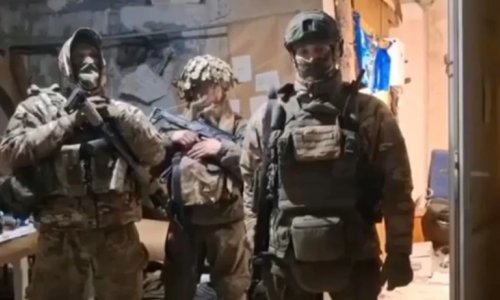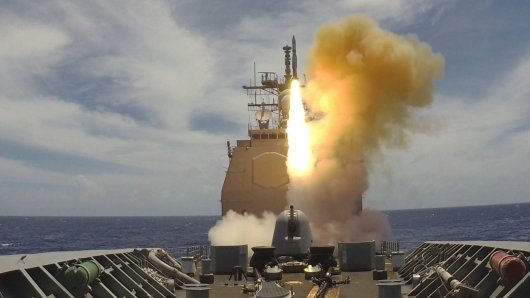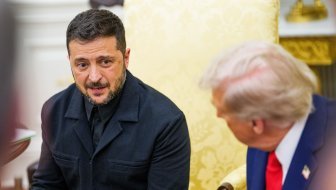Every crime is a crime and must be punished, and politics should be separated from war crimes trials, President Ivo Josipovic said on Wednesday at a round table discussion on the need to facilitate war crimes prosecution by strengthening regional cooperation and prosecuting people charged with command responsibility.
The law that has declared null and void certain legal acts of the judicial authorities of the former Yugoslav People's Army, the former Yugoslav federation and the Republic of Serbia is not good because it exemplifies the interference of politics in war crimes prosecution and fails to protect war veterans by making it impossible for them to defend themselves, Josipovic said, describing the law as unconstitutional.
He also said that it was important to distinguish war crimes from criminal acts covered by the Amnesty Act, which he said was something Croatia had shown to be willing to distinguish.
We are entering a new phase of war crimes prosecution in which all proceedings in which there are no elements of war crime should be dropped, while all people reasonably suspected of war crimes should be prosecuted, he said.
He added that significant progress had been made and that it was necessary to continue working to further facilitate war crimes prosecution as a precondition of peace and justice in the region.
The responsibility of individuals for war crimes does not affect the just and defensive character of the Homeland War, Josipovic said, adding that he would personally never grant amnesty to perpetrators of the gravest types of crime, including war crimes.
He said that the International Criminal Tribunal for the former Yugoslavia granted an early release to perpetrators of various war crimes, and that some domestic courts did the same in the case of perpetrators of war crimes. That kind of 'support' to war crimes perpetrators should be very restrictive, he said.
Answering a question from the press, Chief State Prosecutor Mladen Bajic said that the law declaring null and void certain legal acts of the judicial authorities of the former Yugoslav People's Army, the former Yugoslav federation and the Republic of Serbia had jeopardised cooperation with neighbouring countries in war crimes prosecution, but that it had not brought it into question.
Cooperation based on agreements between prosecutorial authorities in the region has continued through daily contacts and exchanges of information on different war crimes cases, regardless of the country where they are being prosecuted, Bajic told reporters during a break in the round table discussion.
The head of the EU Delegation in Croatia, Paul Vandoren, said Croatia had shown significant progress in war crimes prosecution and in terms of court autonomy, which he said had been recognised. He commended the establishment of courts specialising in war crimes cases, adding that the EU was monitoring if Croatia was meeting the obligations it had assumed in the process of its EU membership talks.
War crimes against civilians and humanity should be punished regardless of who the perpetrators are, Vandoren stressed. He commended the activities of nongovernmental organisations and their contribution to war crimes prosecution in the last three years.
The round table was organised by the NGOs Documenta, GOLJP (Civic Committee for Human Rights), and the Osijek Centre for Peace, Nonviolence and Human Rights.



